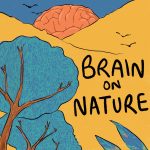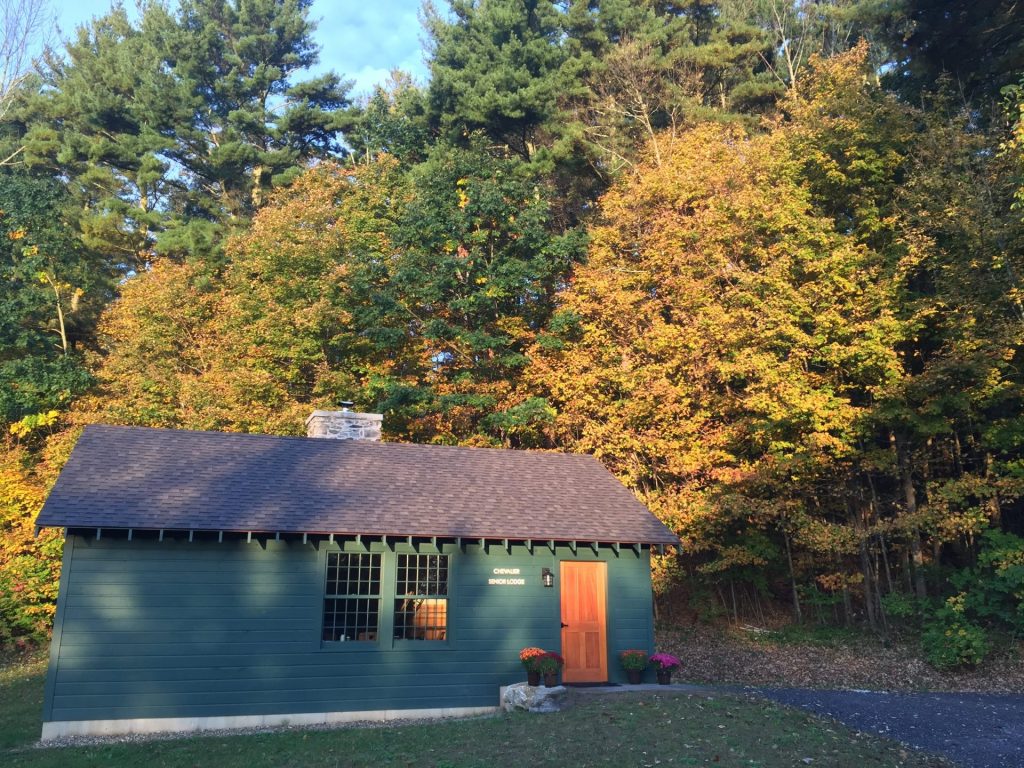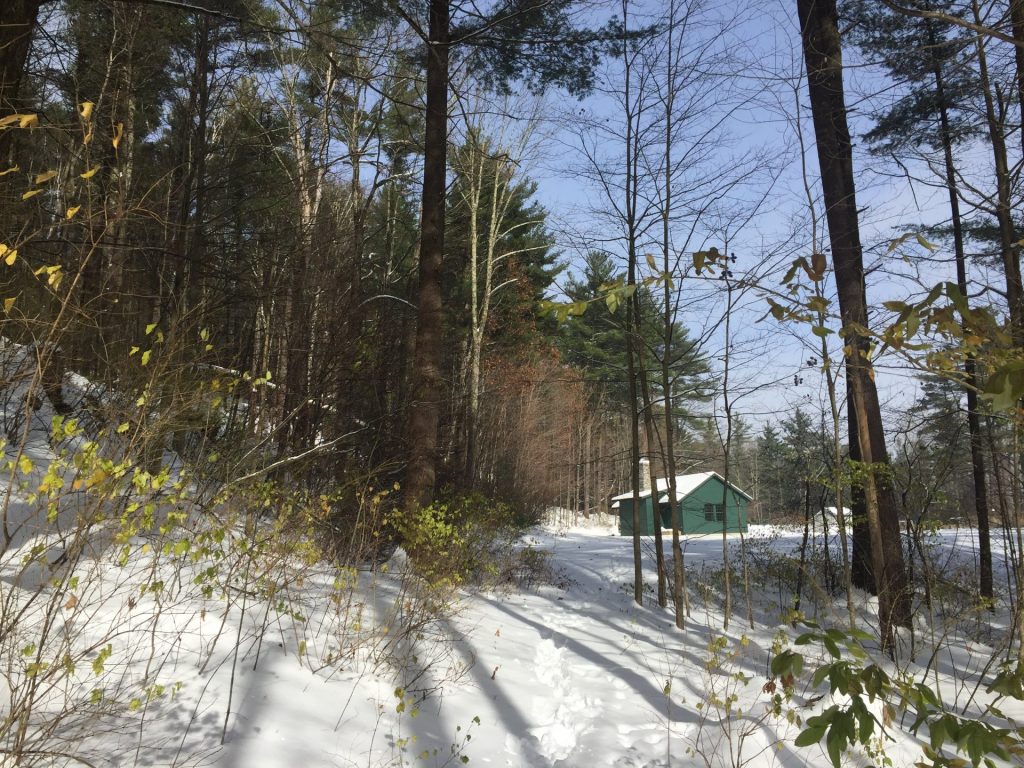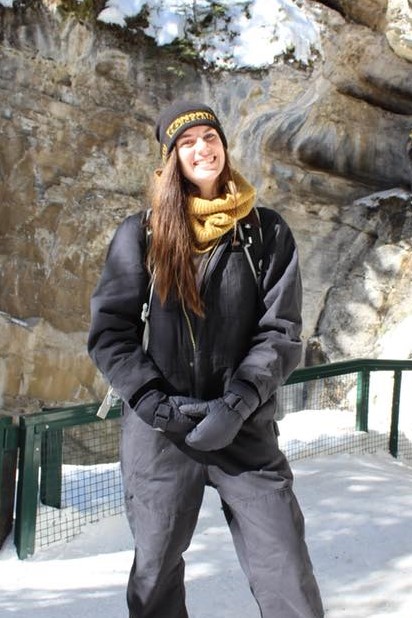David Strayer runs the Applied Cognition Laboratory at the University of Utah. His work examines human attention and the limits of human multitasking ability. He studies how attentional capacities can be restored by interacting with nature. The lab uses converging methodologies to measure changes in both attention and performance, from psychophysiological (EEG and fMRI), subjective ratings, to primary (e.g., driving performance) and secondary task (e.g., reaction time) measures.
I met and interviewed lots of knowledgable and interesting people while researching this podcast. Not all of them made it into the episodes, but I’m grateful for their time. Here are the experts you’ll hear from:
The Experts
Professor
Senior lecturer
Dalia Nassar is a senior lecturer in the Department of Philosophy at the University of Sydney. She works on German romanticism and idealism, the philosophy of nature, aesthetics and environmental philosophy. Her current project focuses on a distinctive methodological approach to nature, which emerged in the late Enlightenment and Early Romanticism, and on the ways that this methodology can be brought to bear on current environmental questions and concerns.
Neurologist
I was a patient of Dr Ron Granot's for nearly three years after my brain injury. He's an experienced neurologist, with a focus on headache and chronic pain conditions as well as neurophysiology. He graduated from the University of New South Wales with a Bachelor of Medicine, Bachelor of Surgery and Medical Science (Medicine and Surgery) in 1999, with First Class Honors and the University Medal. Since I spoke to Dr Granot, the science around the mechanism of botox has changed. Here's a more up to date version from his website.
Doctor
Dr Stuart Browne is a brain injury rehab specialist based at Royal Rehab in Ryde, NSW. He attends Brain Injury Rehabilitation Clinics at St Vincent’s, Royal North Shore, Gosford and Coffs Harbour Hospitals. I was a patient for two and a half years.
Associate Professor
Associate Professor Ming Kuo runs the Landscape and Human Health Lab at the University of Illinois, Urbana-Champaign. The lab focuses on the connection between the natural world (trees, grass, flowers, and green space) and outcomes related to healthy human functioning, such as crime and violence; strength of community; well-being and coping; exercise and vitality; and attention, executive-functions, self-control, and learning. Her work helps cities provide a healthy human habitat for their residents by showing the benefits of urban greening.
Associate Professor
Marc Berman is an Assistant Professor in the Department of Psychology at the University of Chicago, where he's involved in the cognition, social and integrative neuroscience programs. He focuses on understanding the relationship between individual psychological and neural processing and environmental factors. In his lab he uses brain imaging, behavioral experimentation, computational neuroscience and statistical models to quantify the person, the environment and their interactions.
Lecturer
Avik Basu lectures at the University of Michigan's School for Environment and Sustainability. He's interested in designing environments that simultaneously enhance individual and communal well-being. His research focuses on understanding the differences between experts and laypeople in environmental decision-making. Over the last decade, he has been part of a collaborative effort to develop a framework, known as the Reasonable Person Model (RPM), to help practitioners from various disciplines become better at creating conditions that improve human well-being.
Associate Professor
Mardie Townsend is an honorary associate professor at Deakin University's faculty of health. She investigates the benefits of contact with nature for human health and wellbeing. She works in collaboration with Parks Victoria and other partner organisations. She has recently conducted an investigation of health and wellbeing outcomes of differing levels of access to nature for residents of high-rise housing. She has also studied the mental health benefits of hands-on nature based activities in primary schools; a nature based intervention program for people suffering depression.
Cait Ward was hit in the head by a ball while playing college lacrosse. Like me, Cait discovered spending time in the natural world could help her recover from a mild traumatic brain injury. She overhauled her lifestyle and now teaches environmental science from a cabin nestled in the woods at the Berkshire School in Sheffield, Massachusetts.



